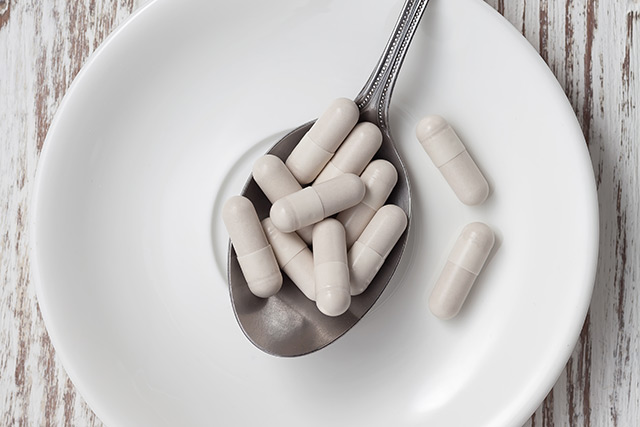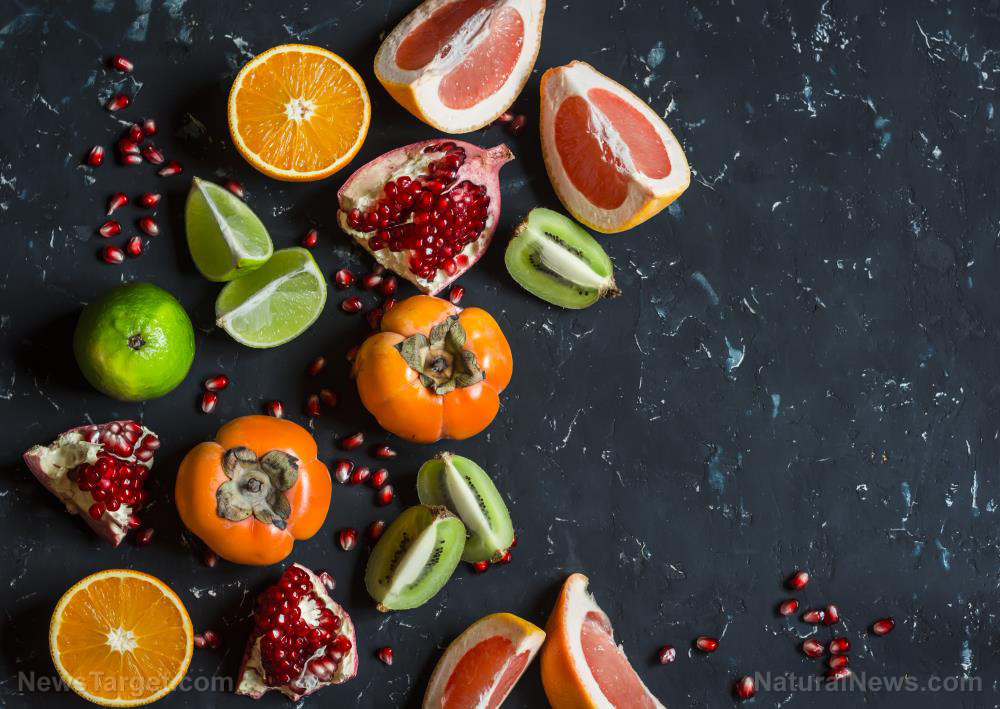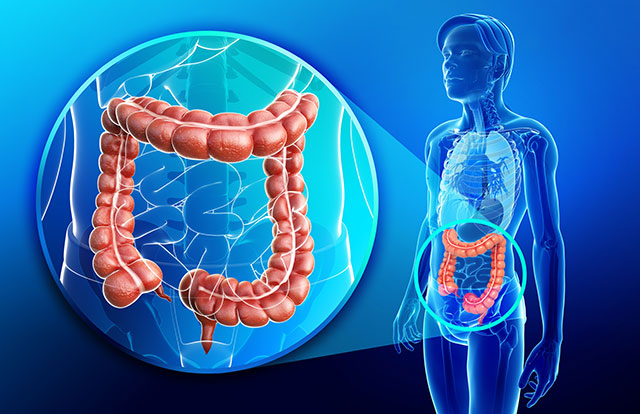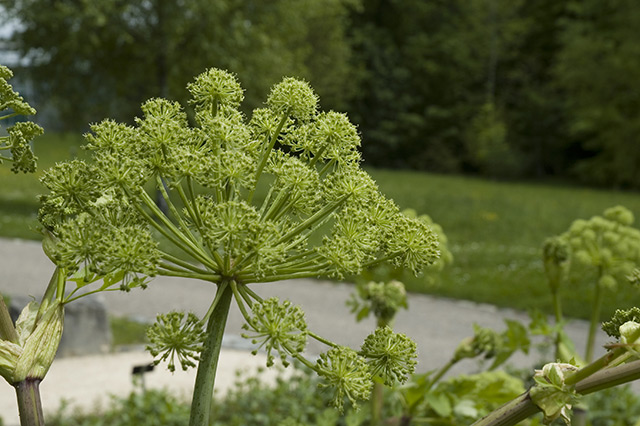Reduce your risk of developing an autoimmune disease with glutathione
10/24/2018 / By Michelle Simmons

The number of people suffering from an autoimmune disease has been increasing in recent years. According to the estimates of the American Autoimmune Related Diseases Association (AARDA), about 50 million Americans currently suffer from some type of autoimmune disease. One way to reduce your risk of developing an autoimmune disease is to have optimal levels of glutathione, the so-called “master antioxidant.”
Research has shown that people with an autoimmune disease are always deficient in this antioxidant. Glutathione is produced in the body from the amino acids cysteine, glycine, and glutamine. However, glutathione levels decline as a normal part of aging. The use of pharmaceutical drugs, environmental pollutants, hormonal imbalances, lack of sleep, obesity, sedentary life, unhealthy diet, and alcohol consumption also contribute to its decline in the body. (Related: Glutathione holds the key to managing over 100 autoimmune diseases known today.)
Glutathione, the most powerful antioxidant in the body, helps prevent the development of an autoimmune disease by regulating immune system reactions and improving autoimmune disorders. It is also vital for the regulation of inflammation and oxidative damage. It binds to toxins and helps to get rid of them. With proper glutathione activity, the body can modulate cell proliferation and protect the cells’ powerhouse called mitochondria. In addition, it promotes optimal physical functioning, at the same time, increasing muscle tone and stamina.
Another way to prevent the development of an autoimmune disease with glutathione is to promote glutathione recycling. There are two forms of glutathione in the body: reduced glutathione and oxidized glutathione. Reduced glutathione actively fights free radicals, but along the process, it gets an extra unpaired electron, making it unstable. During this process, reduced glutathione is converted to oxidized glutathione. To manage an autoimmune disease, oxidized glutathione must be recycled back into glutathione.
It is important to reduce the stressors that affect glutathione levels to promote healthy glutathione recycling. This can be done by taking certain supplements and natural compounds. One of these is N-acetyl-cysteine (NAC), which is a biologically available form of cysteine that is quickly converted into intracellular glutathione. Studies on cells suggest that pre-treatment with NAC increase glutathione levels in older cells, at the same time, decreasing cell death.
Taking alpha-lipoic acid can also promote glutathione recycling as it helps reverse glutathione depletions caused by stress. The amino acid glutamine, which is a precursor to glutathione can also boost levels. A medicinal fungus called cordyceps has also been shown to protect cells by engaging the glutathione enzyme cycle. Herbs such as Gotu Kola and milk thistle can also help by increasing levels of glutathione peroxidase and improving ratios of reduced oxidized glutathione.
Other ways to promote glutathione recycling is to regulate blood sugar levels, address food intolerances, decrease exposure to environmental toxins and pesticides, manage adrenal function, keep a balanced gut microbiome, and follow a healthy organic diet. Studies have shown that promoting glutathione recycling can help regulate the immune system, reduce the autoimmune response, promote tissue recovery, and heal a leaky gut.
You can also increase glutathione levels naturally through diet with the following tips:
- Eat foods rich in sulfur: Sulfur is needed to produce glutathione. Therefore, eating sulfur-rich proteins, such as beef, fish, poultry, allium, and cruciferous vegetables, can help increase glutathione levels.
- Eat more vitamin C-rich foods: Vitamin C plays an important role in maintaining healthy levels of glutathione. Eat foods rich in vitamin C, such as citrus fruits, bell peppers, strawberries, kiwis, and papayas, or take vitamin C supplements.
- Incorporate selenium-rich foods to your diet: Selenium is a glutathione cofactor, which means that it is needed for glutathione activity. Try selenium-rich foods, such as beef, chicken, fish, organ meats, cottage cheese, brown rice, and Brazil nuts.
Read more news stories and studies on naturally preventing autoimmune diseases by going to AlternativeMedicine.news.
Sources include:
Tagged Under: antioxidants, autoimmune diseases, disease prevention, Glutathione, glutathione recycling, master antioxidant, nutrients, prevent disease, prevention



















